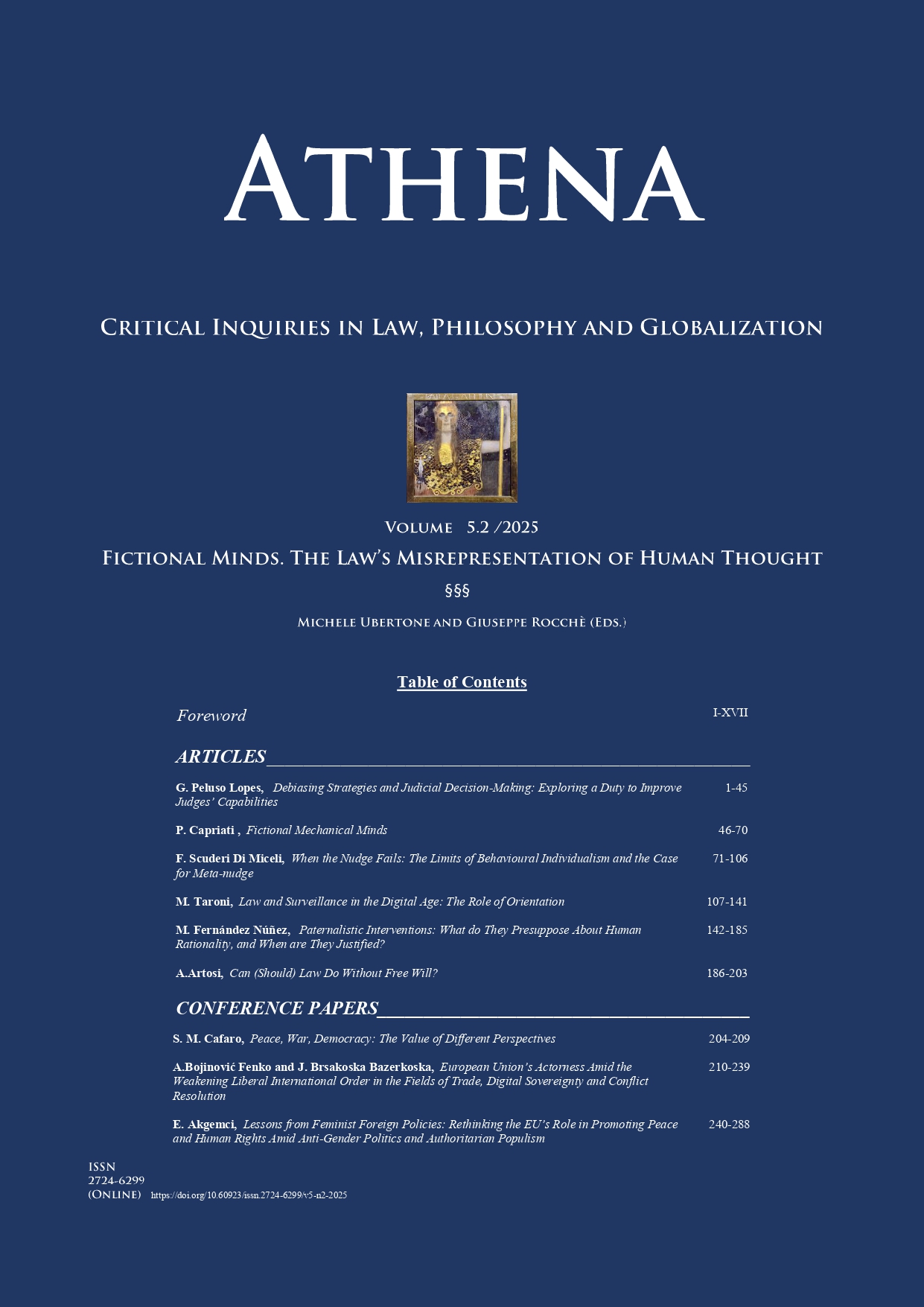CfP vol. 6 (2026), no. 2 "The transformations of globalization: power, geopolitics and law"
The election of the 47th president of the United States triggered not only a change within the global order as we know it but also laid down the foundations for the creation of a new order. The current changes indicate a clear orientation that expresses a growing conflict between power and law.
Hence, a question arises: what has the West become or what is becoming?
Read more about CfP vol. 6 (2026), no. 2 "The transformations of globalization: power, geopolitics and law"




